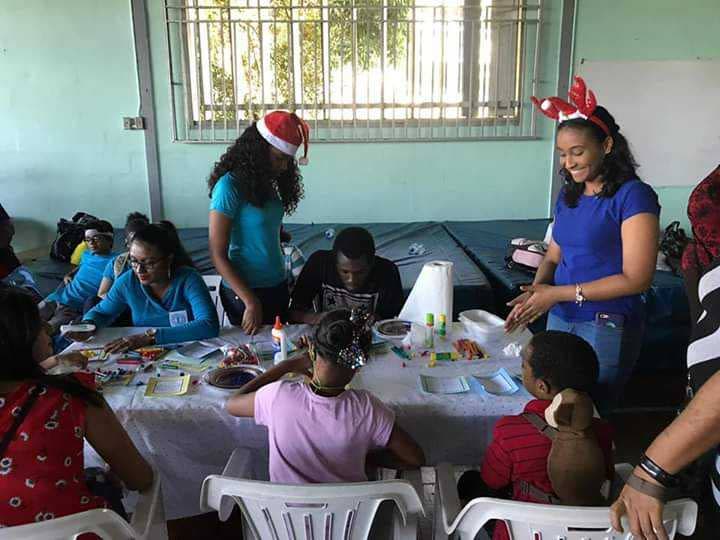The great special needs education debate

DR RADICA MAHASE
SHARDA is a 12-year-old girl with autism. She is higher functioning on the spectrum and she communicates verbally and interacts with her peers. Five years ago her parents attempted to enrol her in a public primary school. They approached two schools located in close proximity to her home but both turned her down. The principal of one school said his school did not have the resources to cater to her special needs. The other principal said he would take her only if she gets a teacher’s aide. Sharda’s parents applied for a teacher’s aide and five years later they are still waiting.
While waiting for a response from the Ministry of Education they enrolled Sharda in a private special school. Her parents could only afford this school because Sharda was receiving the special child grant from the Ministry of Social Development and Family Services. However, last year the grant was cut so she’s not longer receiving any assistance. Today, Sharda’s parents are struggling to pay the high school fee and have considered taking her out.
Sharda’s situation is not uncommon amongst individuals with special needs in TT. Parents of children with special needs know the trials and tribulations they experience trying to get their children into public schools or to afford private schools. That’s why when Independent Senator Paul Richards raised a private motion in the Senate on March 12, it felt like a little ray of light at the end of a very long, dark tunnel. Richards’ motion called on the government to ensure that all children with special needs are provided with equal educational opportunities.
The motion focused on lack of policies, inadequate funding and lack of support for special needs children. Richards made it quite clear that his motion was not meant to diminish the work that the Ministry of Education is currently doing but to build on Education Minister Anthony Garcia’s work.

He noted that it was a human rights issue and questioned whether the present education system adequately catered for the equal treatment of all children and to all needs. Richards called on the Ministry of Education to immediately initiate and implement a comprehensive strategy to assist all children with disabilities, additional learning needs and/or challenging behaviours.
Garcia’s response reiterated Richards’ main points but then systematically showed all the things that were already in place which proved that the education system is based on equity and access. The minister focused on the work of Student Support Services and the fact that there were 500 members of staff, there are 13 government and government-assisted schools and there are student grants available for children with special needs, etc. The minister’s response focused on the educational opportunities presently available for those with special needs.
This motion and the debate on special needs can only be a productive or successful one, however, when we adopt a completely different approach. The focus has to be on the effectiveness of what is already present – are the present educational opportunities available to those with special needs effective? The answer to this question will explain why Sharda has been waiting for five years to get a teacher’s aide, why so many teenagers with autism are presently not enrolled in a school and why so many parents are paying exorbitant fees for private schools.
A follow up to Richards’ motion should be an assessment of educational opportunities available for those with special needs and the difference between what exists in theory and their effectiveness in practice. This can only happen when there is a comprehensive assessment and evaluation of all aspects of special needs services in TT with all stakeholders involved. This motion should represent the beginning of the reformation of the entire system of education in our country.
As a caregiver of a child with autism, a 14-year-old boy who has not been enrolled in a school for the past two years, I felt a sense of relief that finally there is dialogue taking place at governmental level, a level where change can be effected. That is why I am hoping that the government will see how crucial it is to dig deeper, to examine the effectiveness of the present system and most importantly, to find ways to make it better so that every single child really and truly has equal access to an education.
Dr Radica Mahase founder/director, Support Autism T&T


Comments
"The great special needs education debate"